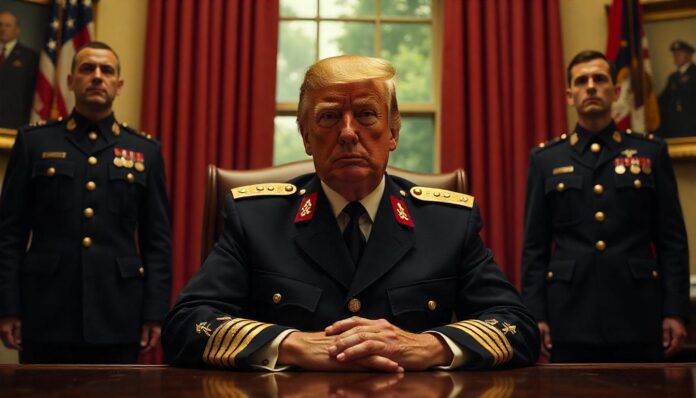
The word “dictatorship” carries a weight that makes most Americans (and almost the whole world) really uncomfortable. Citizens have grown up with stories of freedom fighters, constitutional rights, and the sacred transfer of power every four or eight years.
But what if that changed? What if the United States – the nation that has positioned itself as democracy’s global champion – fell into authoritarian rule?
Donald Trump once famously (in mocking style) announced his intention to be a “dictator on day one” of his second term. Despite how this statement might have shocked previous generations, many voters weren’t repelled by it.
Some even embraced it. This raises a big question: how close is America to this reality, and what would it actually look like?
So, let’s explore that scenario in detail.
The Slow Erosion of Democratic Norms
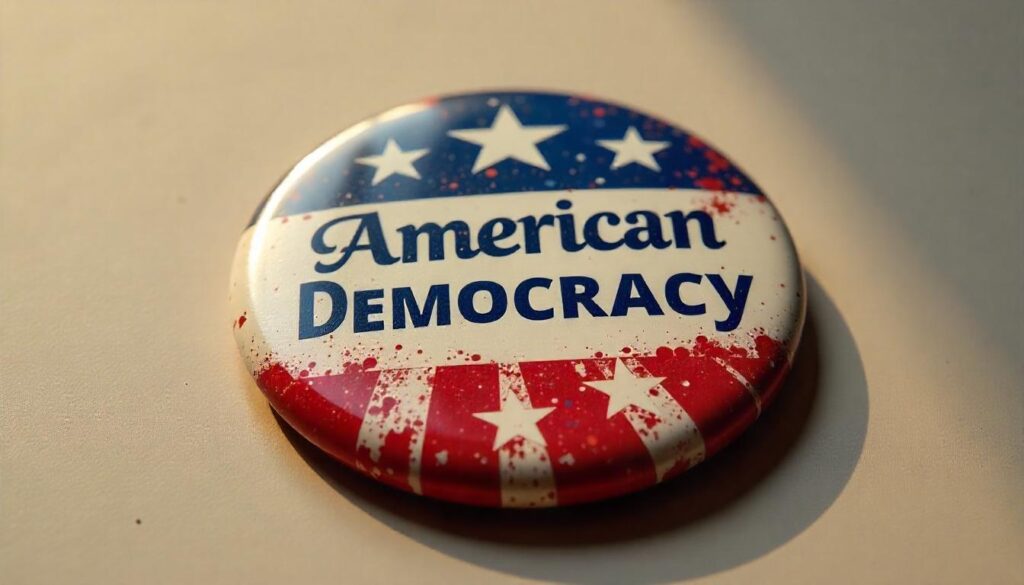
Democracy doesn’t typically die in a dramatic overthrow. Instead, it slowly fades through a series of small changes that individually might seem manageable but collectively transform the system completely.
The United States wouldn’t become North Korea overnight. It would more likely follow the path of what political scientists call “competitive authoritarianism” – a system where elections still happen but are no longer fair.
The first signs would be subtle. A president might fire officials who don’t show personal loyalty. They might replace career civil servants with partisan loyalists. They might attack the press as “enemies of the people.”
Sound familiar?
In this scenario, the president would gradually assert control over independent agencies like the SEC, FTC, and FCC. This wouldn’t just hamper their ability to act independently but would open doors to massive corruption.
Regulatory capture would become the norm, with business leaders understanding that loyalty brings rewards and resistance brings punishment.
Interesting fact: Julius Caesar didn't abolish the Roman Senate when he became dictator. Instead, he kept the institution but stripped it of real power, maintaining the appearance of the old republic while consolidating his personal authority.
The Weaponization of Government Agencies
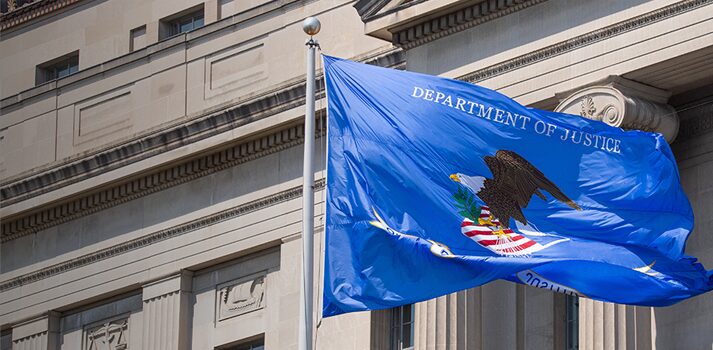
In a budding American dictatorship, the Department of Justice would most likely transform from an independent law enforcement agency to some kind of political weapon. The president would use it to investigate opponents, protect allies, and ensure personal immunity from prosecution.
Imagine a scenario where the Supreme Court rules that a president has immunity from prosecution while in office. This creates a perverse incentive: the president could literally execute members of Congress to prevent impeachment, with no legal consequences until he or she (or they) leave office.
At that point, why would they ever leave?
The military would face purges of high-ranking officers who show insufficient loyalty.
In early 2025, a similar thing happened with the firing of the Chairman of the Joint Chiefs of Staff, the Chief of Naval Operations, and other top military leaders.
A dictator needs the military’s support – or at least its compliance – to maintain power.
Note: In this post, we’re not stating that Trump is a dictator (or will be), but we’re just exploring this thought experiment.
Interesting fact: When Augusto Pinochet seized power in Chile, he immediately purged the military of around 300 officers suspected of democratic sympathies, ensuring the armed forces would support his 17-year dictatorship.
The New American Surveillance State
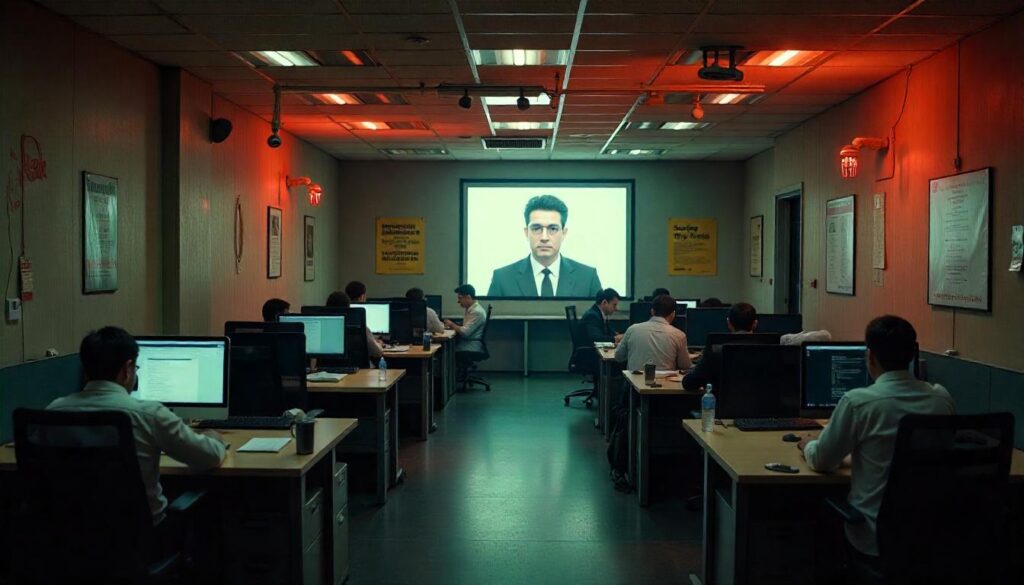
Under a dictatorship, privacy would become a luxury of the past. The government would monitor communications, track movements, and compile lists of dissidents. Technology companies would face a plain choice: collaborate or be destroyed.
The centralization of government data under loyal overseers would create unprecedented opportunities for abuse.
For example, imagine a scenario where social media history determines whether citizens can board a plane, get a loan, or keep their jobs. Well, China’s social credit system offers a preview of how this might work.
The dictator wouldn’t need to monitor everyone all the time. The mere knowledge that citizens could be watched would be enough to change behavior. Self-censorship would become the norm as people learned that certain topics were dangerous to discuss.
Interesting fact: East Germany's Stasi had about 91,000 full-time employees, but maintained a network of around 189,000 civilian informants. This meant that one in every 63 East Germans was reporting on their neighbors, friends, and family members.
The Control of Information
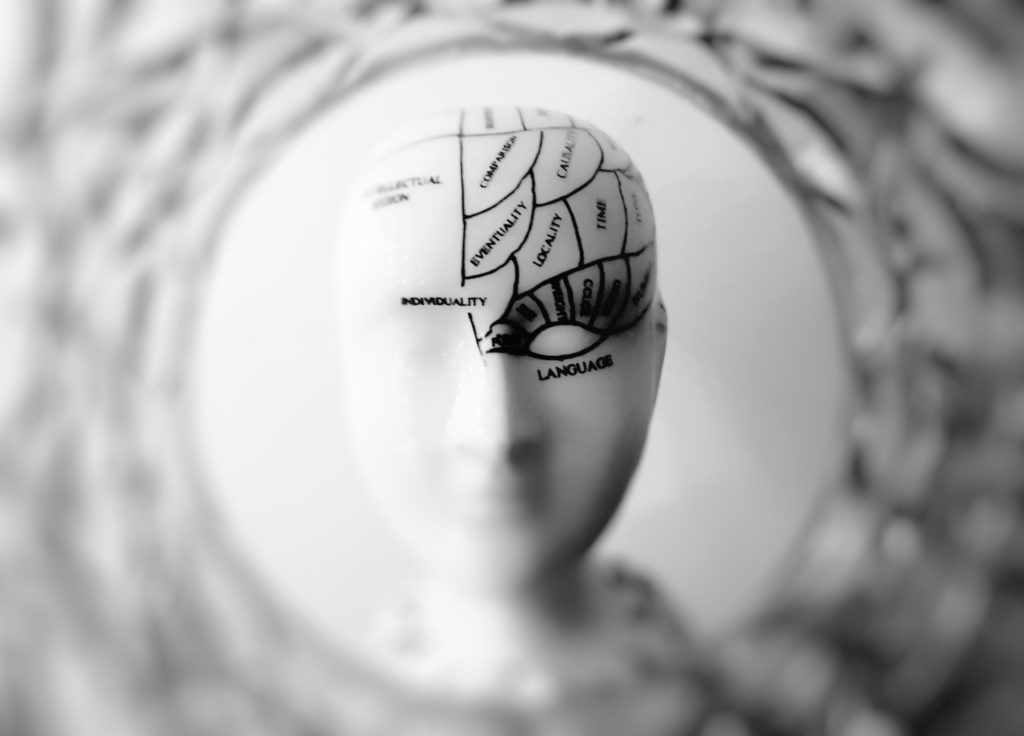
A free press can’t survive in a dictatorship. The American version wouldn’t immediately shut down CNN or The New York Times, but would instead use regulatory pressure, lawsuits, and financial strangulation to bring them to heel.
Social media companies would face similar pressure. Those that refused to remove “dangerous” content would find themselves investigated for antitrust violations or tax evasion. Their executives might face criminal charges on unrelated matters. The message would be clear: play ball or pay the price.
A similar thing also happened—not under Trump, but under the Biden administration—when they pressured many social media platforms to promote a specific narrative on certain issues. And we all know what those “specific” things were.
Interesting fact: When Viktor Orbán consolidated power in Hungary, he didn't ban independent media. Instead, his allies purchased major outlets and government advertising was redirected to friendly publications. Today, over 80% of Hungarian media is controlled by Orbán allies.
The Attack on Education and Intellectuals
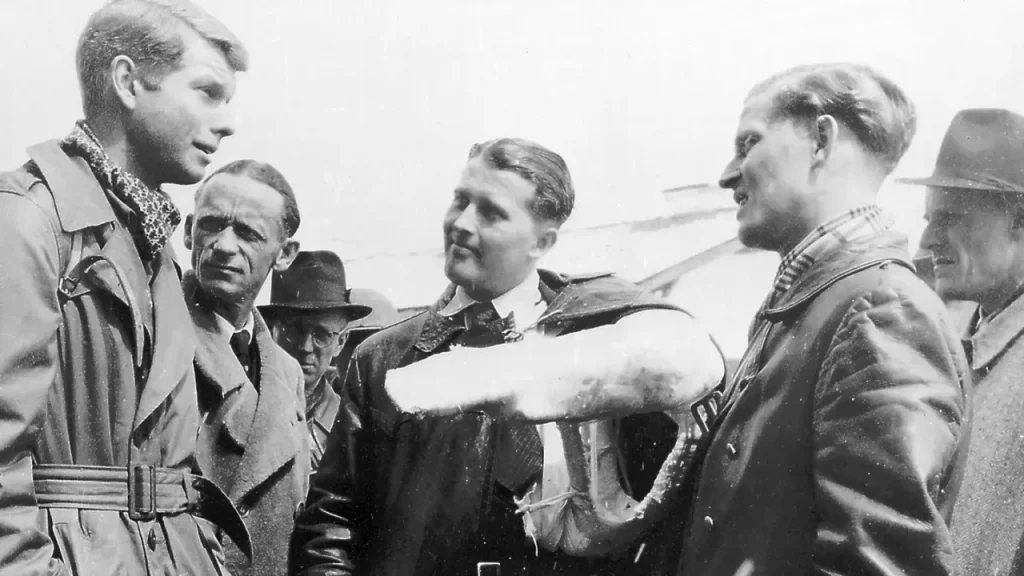
Universities have historically been centers of resistance to authoritarian rule. An American dictator would understand this threat and most likely move to neutralize it.
Early signs have already appeared with threats to cut federal funding for research and demands for specific policy changes at universities like Columbia or Harvard.
Imagine a scenario where universities must submit their curricula for government approval. Courses on civil rights, protest movements, or critical thinking might be flagged as “anti-American.”
Professors who speak out could lose their jobs. Students who protest might be expelled or even deported, as seen with Mahmoud Khalil, a Columbia University graduate student and U.S. permanent resident who was apprehended for deportation due to his campus advocacy.
The goal wouldn’t be to eliminate higher education but to transform it into a system that produces technically skilled workers who don’t question authority. Critical thinking would be replaced with patriotic education that celebrates the regime.
Interesting fact: After seizing power in 1933, the Nazi regime removed about 15% of university professors from their positions, targeting Jews and political opponents. The remaining academics quickly learned to self-censor or actively support the new order.
The Silencing of Legal Opposition
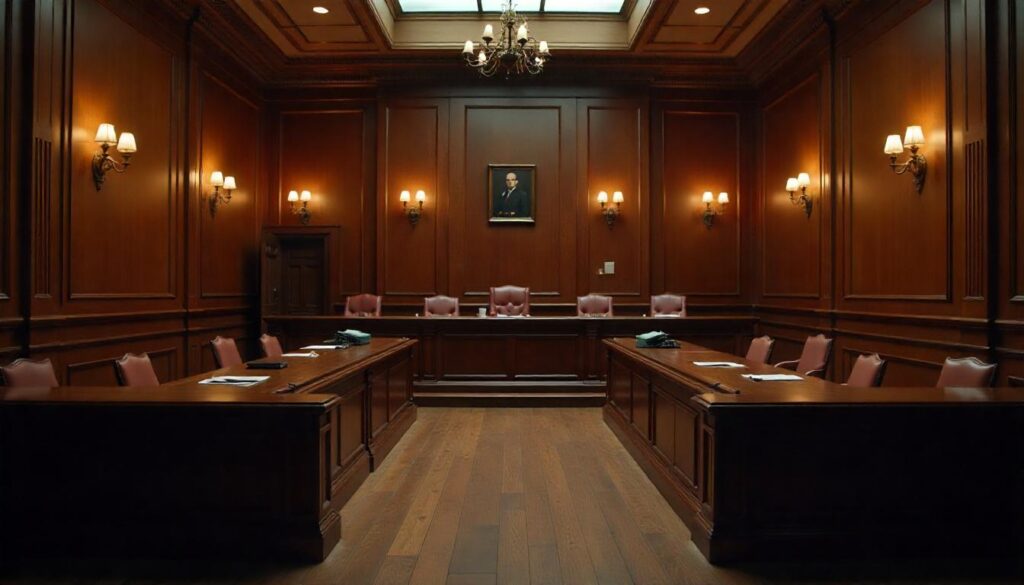
The legal profession would face similar pressure. Law firms that represented opposition figures or challenged government actions would find themselves barred from interacting with federal agencies. This would effectively cripple their ability to practice in many areas of law.
Individual lawyers who took on politically sensitive cases might face tax audits, license reviews, or even criminal investigations. The message would be clear: defending the regime’s enemies makes you an enemy too.
The courts themselves would be packed with loyal judges. Those who ruled against the government would find their decisions ignored or overturned by higher courts filled with regime loyalists.
Eventually, the judiciary would become a rubber stamp for executive power.
Interesting fact: In Turkey under Erdoğan, more than 4,000 judges and prosecutors were dismissed after a failed coup attempt in 2016. Many were imprisoned on charges of supporting terrorism, effectively purging the judiciary of independent voices.
Economic Control and Corruption
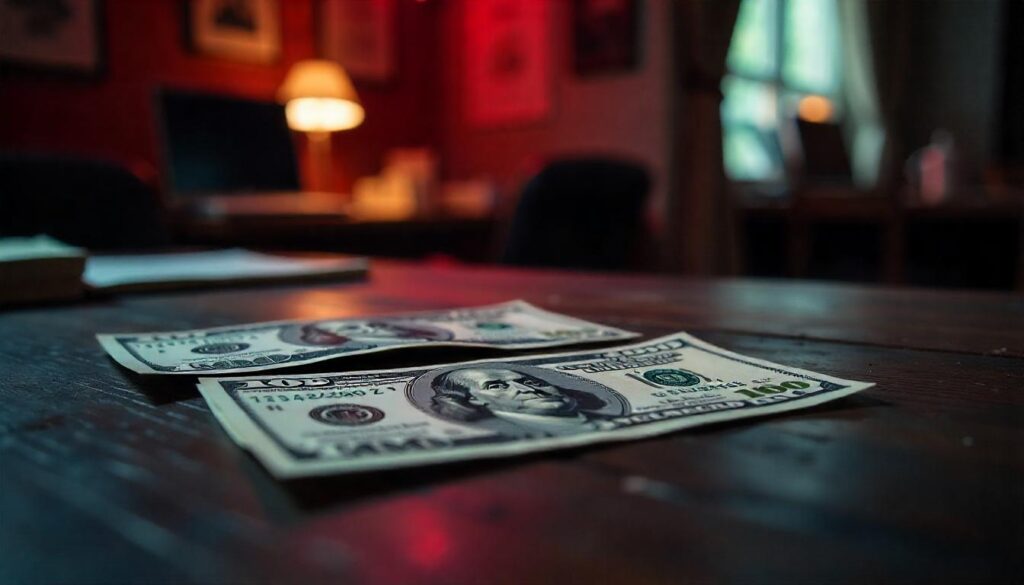
A dictator needs money and the support of business elites. In an American dictatorship, loyal companies would receive government contracts, regulatory exemptions, and tax breaks. Those that showed independence would face audits, investigations, and regulatory hurdles.
Imagine a scenario where the CEO of a major tech company criticizes the president. Within weeks, their company faces antitrust investigations, their personal taxes are audited, and government contracts are canceled. Meanwhile, a competitor who donated to the president’s campaign receives fast-track approval for a major merger.
Over time, the line between government and business would blur. The president’s family members might sit on corporate boards or receive “consulting fees” from companies seeking favor. Government officials would understand that their future wealth depends on pleasing the right people now.
Interesting fact: In Putin's Russia, the 100 richest businesspeople control about 35% of the country's wealth. Almost all made their fortunes through connections to the government, and those who challenged Putin, like Mikhail Khodorkovsky, lost everything.
The New Oligarchs

An American dictatorship would most certainly create a new class of oligarchs – business leaders whose wealth depends on government favor. These wouldn’t necessarily be the most innovative or efficient companies, but the most politically connected.
The relationship would be symbiotic. The regime would provide economic opportunities, and the oligarchs would provide financial support and legitimacy.
They would fund propaganda, hire regime loyalists, and help monitor their employees for signs of dissent.
This system would corrupt the free market. Success would depend less on creating value and more on cultivating political relationships. Innovation would suffer as resources flowed to connected companies rather than promising startups.
Interesting fact: In Ferdinand Marcos's 20-year dictatorship in the Philippines, a small group of cronies controlled over 50% of the economy. When democracy was restored, it was discovered that these companies were largely inefficient and survived only through government protection.
Resistance and Its Consequences
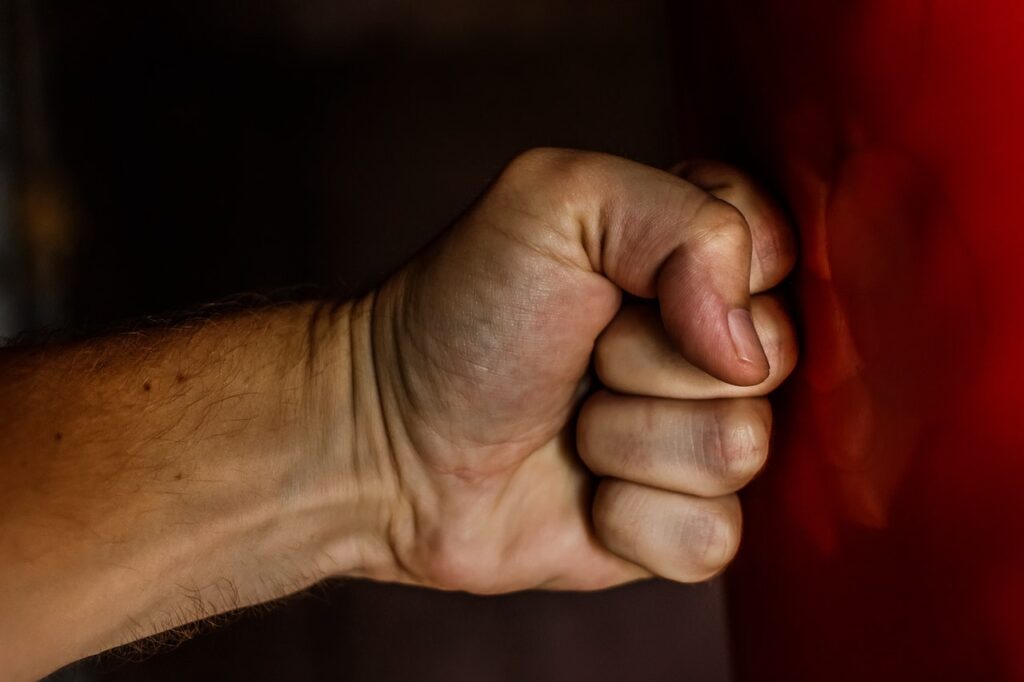
Of course, not everyone would accept the new order. Some would protest in the streets, write critical articles, or organize opposition movements.
So, how would this hypothetical American dictatorship respond?
The first level would be intimidation. Tax audits, job loss, public smearing, and harassment by loyal supporters. For most people, this would be enough to silence them.
The brave few who continued would face more serious consequences.
Criminal charges would come next. Protesters might be charged with rioting, trespassing, or even terrorism. Opposition leaders could face corruption investigations or charges of foreign collusion. The legal system, now stacked with loyal judges, would ensure convictions.
For the most persistent opponents, imprisonment or exile would be the final solution. Not mass killings like in the worst dictatorships, but targeted removal of influential critics.
The message would be clear: resistance has a price too high for most to pay.
Interesting fact: In the Soviet Union under Stalin, the government executed around 700,000 people during the Great Purge. But far more effective was the imprisonment of millions in the Gulag system, which created a climate of fear that silenced potential opposition.
The Role of Fear and Self-Censorship
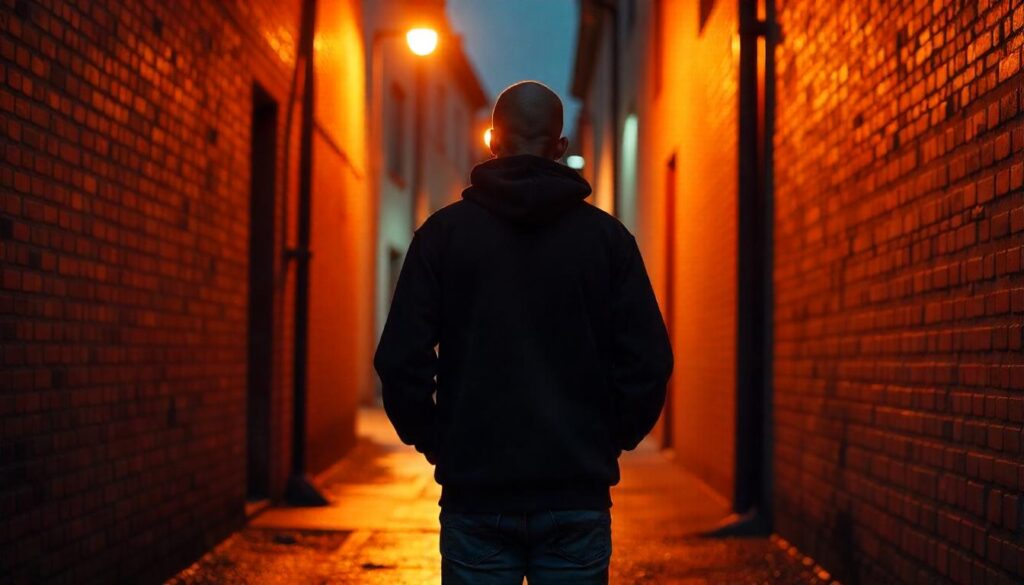
The most effective tool of dictatorship isn’t violence but fear. Most people would never face arrest or physical harm, but they would live with the knowledge that it could happen if they stepped out of line.
This fear would lead to self-censorship. People would avoid political discussions, delete controversial social media posts, and stay away from protests. They would teach their children to be careful about what they say at school. They would report suspicious colleagues before being reported themselves.
Over time, this climate of fear would become normalized. People would stop noticing the boundaries they no longer crossed. They would forget the freedoms they once took for granted.
This is how dictatorships sustain themselves – not through constant violence, but through the internalization of limits.
Interesting fact: After the fall of East Germany, citizens were shocked to discover how few Stasi agents there actually were compared to the population. The system worked because people policed themselves and each other out of fear.
So, Can It Happen in the US?
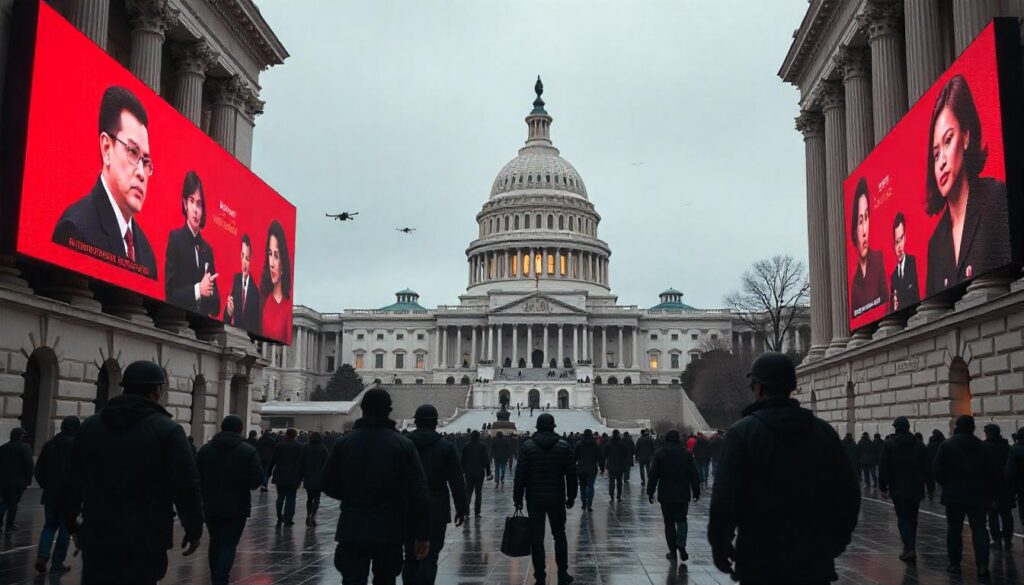
The question isn’t whether America could become a dictatorship – any democracy can fall with the right conditions and leaders. The question is whether Americans would recognize it happening and resist before it’s too late.
The danger lies in the gradual nature of the change. Each step might seem like a temporary emergency measure or a necessary response to crisis. By the time the full picture emerges, the tools of resistance might already be gone.
Societies, like individuals, can become trapped in patterns of thinking that prevent them from seeing dangers until it’s too late.
The belief that “it can’t happen here” might be the most dangerous pattern of all.
Interesting fact: In 1935, Sinclair Lewis published a novel called "It Can't Happen Here," depicting a fascist takeover of America. The title was ironic - the book showed exactly how it could happen through democratic means, with a charismatic leader exploiting economic anxiety and nationalism.
And so, at the end, we must end on a positive note by asking the following question:
How Democracy Defends Itself?
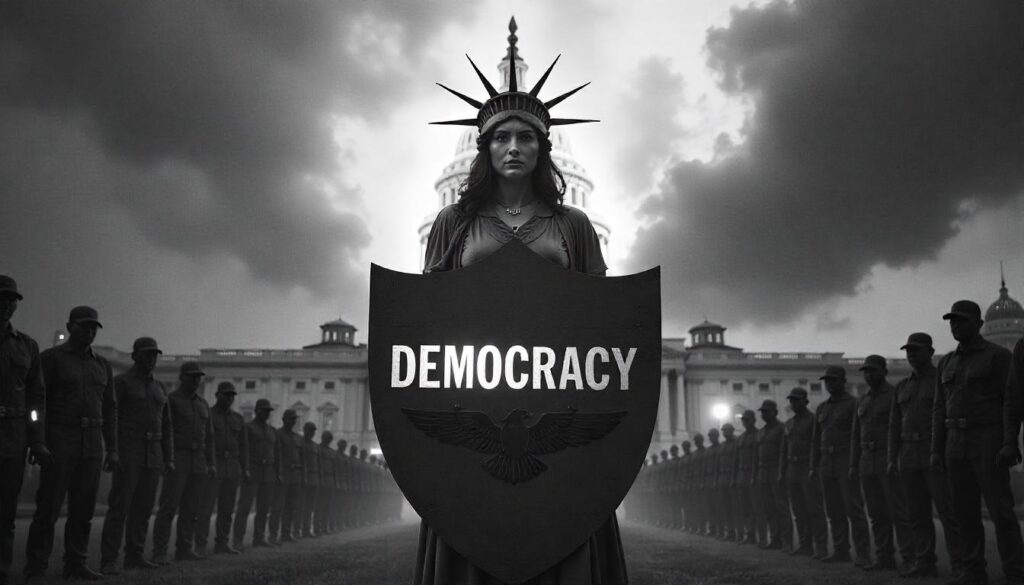
Democracy isn’t just a system of government; it’s a culture that must be actively maintained. The founders understood this when they created checks and balances, but they also knew that paper protections aren’t enough without citizens willing to defend them.
The best defense against dictatorship is an engaged citizenry that values democracy for its own sake, not just when their preferred party wins.
It requires media literacy to recognize propaganda, civic education to understand how government should work, and the courage to speak up when norms are violated.
Most importantly, it requires the recognition that democracy isn’t the natural state of human society.
Throughout history, authoritarianism has been far more common. Democracy is the exception, not the rule, and maintaining it requires constant vigilance.
The story of America without democracy would be a much much darker tale than the one told so far.
Interesting fact: The ancient Athenians, who invented democracy, had a word for citizens who didn't participate in public life: "idiotes." From this, we get our word "idiot." To the Athenians, nothing was more foolish than refusing to engage with the governance of your society.



























